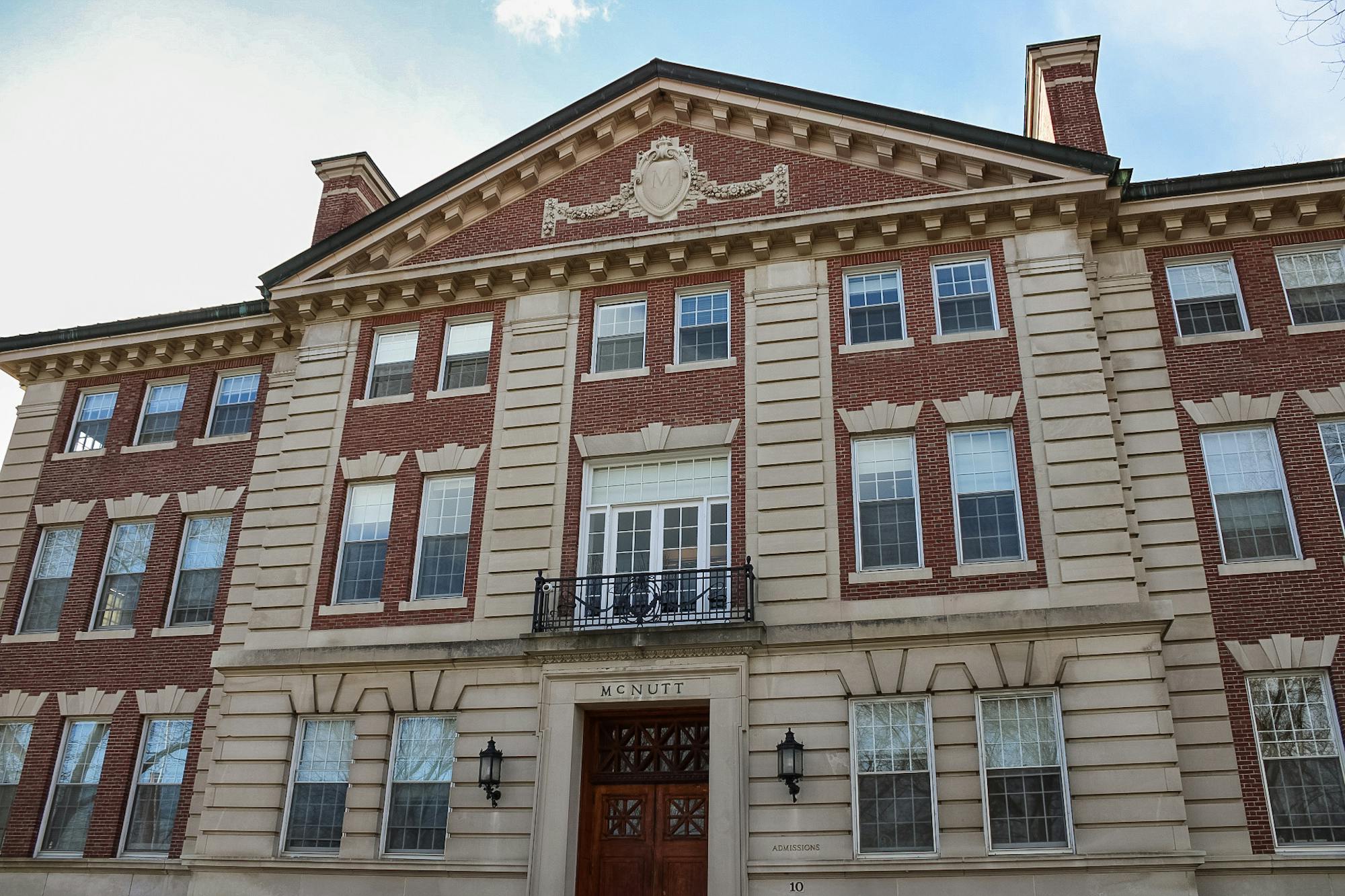On Feb. 28, a court preliminarily approved Dartmouth’s settlement proposal in a class-action lawsuit that accused 17 universities of violating antitrust laws and conspiring to minimize financial aid for students from working- and middle-class families.
Dartmouth agreed to a $33.75 million settlement in the case on Feb. 23, according to previous reporting by The Dartmouth.
According to court documents, Dartmouth’s settlement “denies all liability of any kind.” In an email statement to The Dartmouth, College spokesperson Jana Barnello wrote that “the decision to settle does not reflect that the plaintiffs’ claims have any merit.”
“Dartmouth continues to dispute the claims brought forth and in settling the lawsuit, admitted no fault,” Barnello wrote.
Barnello added that the “time and cost associated with a lengthy litigation process” would serve as a “distraction to Dartmouth’s mission of educating our students and preparing them for life after they leave our campus.”
Dartmouth was accused of illegally colluding on financial aid policies through the 568 Presidents Group along with the other 16 universities, according to previous reporting by The Dartmouth. The group claimed to be exempt from antitrust laws under Section 568 of the Improving America’s Schools Act of 1994, which allowed universities to collaborate on financial aid policies if all participating universities practiced need-blind admissions.
The lawsuit claimed that nine schools in the 568 Presidents Group, including Dartmouth, favored wealthy students in admissions and therefore violated antitrust laws as well as inflated the cost of attendance for students who received financial aid.
According to its website, the 568 Presidents Group was dissolved in 2022 after the lawsuit was filed.
Barnello wrote that “Dartmouth does not collaborate with any other outside group in calculating financial aid, on an individual level or otherwise.”
“The amount of assistance provided is a decision based on individual needs and family circumstances,” Barnello wrote. “We review each aid application individually and independently, all aid is need-based and we meet 100% of demonstrated need for all students regardless of citizenship.”
Barnello also wrote that Dartmouth has spent “more than a billion dollars on financial aid” in the past decade to “make the full experience of a Dartmouth education more affordable and accessible.”
According to court documents, the members of the settlement class will begin receiving notice about their options for their settlement payout “no later than 30 days” after the settlement proposal was filed.
The settlement proposal stated that the settlement class includes U.S. citizens or permanent residents enrolled as Dartmouth undergraduates from the fall term of 2004 through Feb. 28, 2024, who “received at least some need-based financial aid” but whose “tuition, fees, room or board“ were “not fully covered by the combination of any types of financial aid or merit aid (not including loans) in any undergraduate year.”
According to the notice that was submitted with the settlement proposal, the settlement funds will be distributed to settlement class members who attended all the named universities, not only the universities that have settled so far.
Settlement class members who wish to receive funds from the settlement will have to file a claim once the settlement receives final approval in the coming months, according to the notice.
The settlement proposal estimated that “the average claimant will receive about $2,000” from the settlements if half of the settlement class members submit claims, and the court awards attorneys’ fees and costs “as requested” by the plaintiffs’ legal team.
According to the notice, settlement class members will be given the option to exclude themselves from the settlement class or object to the settlement, but if they do nothing, they will remain in the settlement class.
The memorandum announcing the Dartmouth, Northwestern University, Rice University and Vanderbilt University settlements stated that the plaintiffs were pursuing a strategy of increasing the settlement amounts to put pressure on the non-settling schools to settle.
The strategy is “not unusual,” according to business and contract lawyer Robert Span ’67, who is not involved with the case.
“It’s a tactic that plaintiffs will use in order to incentivize defendants to settle early, and the plaintiffs … build up their war chest,” Span said. “[Plaintiffs] have to litigate against other defendants … and they have resources to do it [from previous settlements].”
In addition, the court documents state that the schools are jointly liable for the plaintiffs’ accusations of price-fixing and antitrust conspiracy, so the remaining schools face a larger risk of bearing the damages as other schools settle.
Span said that most antitrust class action cases — which tend to be very expensive — “settle eventually” because “going to trial is a risk for both sides.”
“There could eventually be settlements from the other [universities],” Span said. “Whether it’s because of this tactic or not, I couldn't say.”
Kelsey Wang is a reporter and editor for The Dartmouth from the greater Seattle area, majoring in history and government. Outside of The D, she likes to crochet, do jigsaw puzzles and paint.




